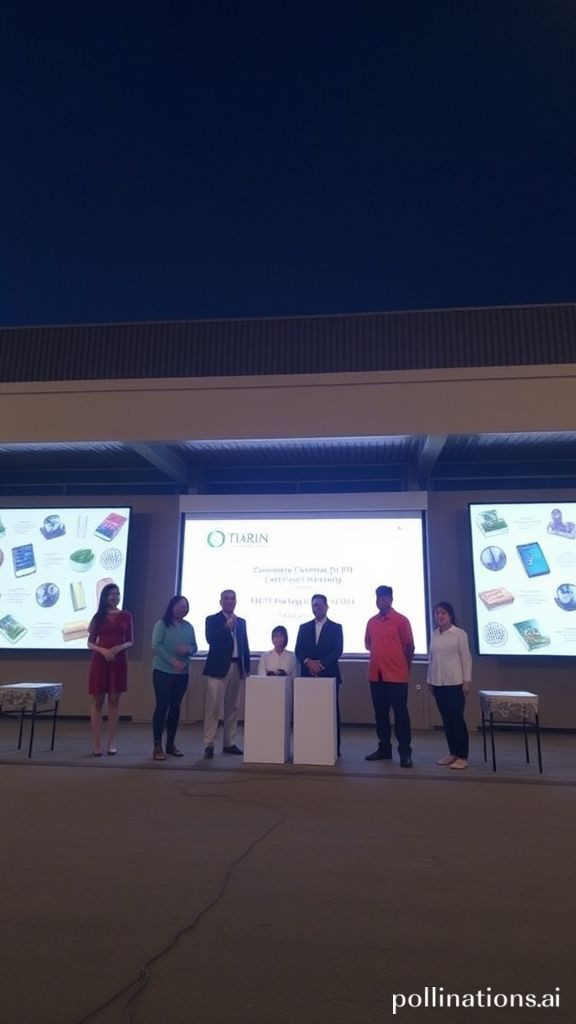
Data governance protects basic rights, enhances transparency, promotes inclusion
Data governance protects basic rights, enhances transparency, promotes inclusion

Title Protecting the Basics How Data Governance Enhances Transparency, Promotes Inclusion, and Safeguards Fundamental Rights
As highlighted in the D4DAsia Synthesis Report, data governance plays a crucial role in promoting democratic, inclusive governance. The report analyzed laws, policies, and initiatives affecting data governance practices in South and Southeast Asia, emphasizing the importance of transparency, inclusion, and fundamental rights.
Key Findings
The report reveals that all participating countries have specific laws providing for the public's right to access information held by the state. National archives are maintained under statutory frameworks, with authorities responsible for collection, maintenance, and public access. Most countries have open data portals, although exemptions restricting access to sensitive information exist.
Implications for the Philippines
While the Philippine Constitution guarantees the right to information on matters of public concern, internet access remains a minor hurdle. The Open Data Portal has not taken advantage of professionally managed OpenStat systems, and there is no specific policy that prefers open software and standards. Exemptions restrict access to sensitive information, and there is no comprehensive privacy or data protection law.
Recommendations for Strengthening Data Governance in the Philippines
To promote transparency, inclusion, and fundamental rights, we recommend the following
1. Develop a Comprehensive Data Governance Framework Establish a simplified yet comprehensive framework for data governance, with mechanisms for regular review and updates. Invest in technical training programs and establish dedicated data governance units to build capacity.
2. Institutionalize Transparency and Consultation Institutionalize pre-legislative consultation processes with clear timelines and feedback mechanisms. Establish multi-stakeholder advisory committees for data governance initiatives to ensure public participation and stakeholder engagement.
3. Promote Implementation Transparency Involve the public in technological project rollouts, require regular public reporting on compliance levels and enforcement actions, and establish independent oversight mechanisms to ensure accountability.
4. Recognize and Protect Rights Explicitly recognize and protect both privacy rights and the right to information. Establish independent oversight mechanisms and develop national data sharing frameworks with clear protocols to safeguard fundamental rights.
5. Adopt Open Standards and Infrastructure Adopt open standards for data sharing and interoperability, promote free and open-source software (FOSS) in government systems, establish minimum security standards, and create common metadata standards to ensure consistency and trustworthiness.
6. Foster International Cooperation and Learning Establish regional forums for sharing best practices, create mechanisms for regular policy exchange between developing nations, align domestic frameworks with international best practices, and create mechanisms for cross-border data governance cooperation to leverage knowledge and expertise.
7. Engage the Public and Promote Awareness Develop public education programs about data rights and responsibilities, establish regular multi-stakeholder consultations, and create clear guidelines for public-private partnerships in data governance to promote transparency and accountability.
By implementing these recommendations, the Philippines can strengthen its data governance framework, promoting transparency, inclusion, and fundamental rights while addressing emerging challenges.




